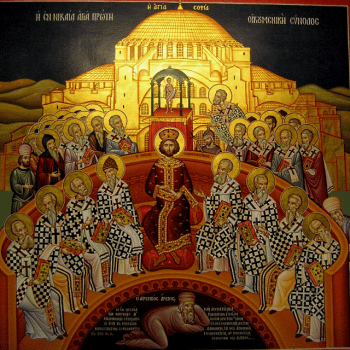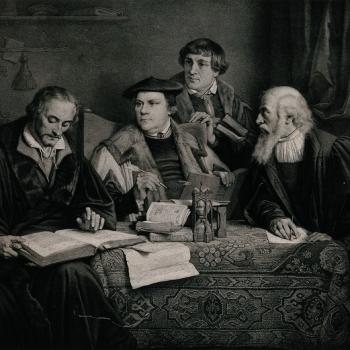. . . Especially St. Cyril of Jerusalem’s Theology of the Eucharist My two dialogue opponents are Reformed Protestant (Calvinist). Dr. Joel Garver‘s words will be in blue; Kevin Johnson’s in green. See the related paper, from five days earlier: John Calvin and St. Cyril of Jerusalem: Comparative Eucharistic Theology. Reference is made to it below. ***** I would like to particularly thank Joel for replying (though also Kevin, of course); I know he must be a very busy man (like all academics)... Read more

















